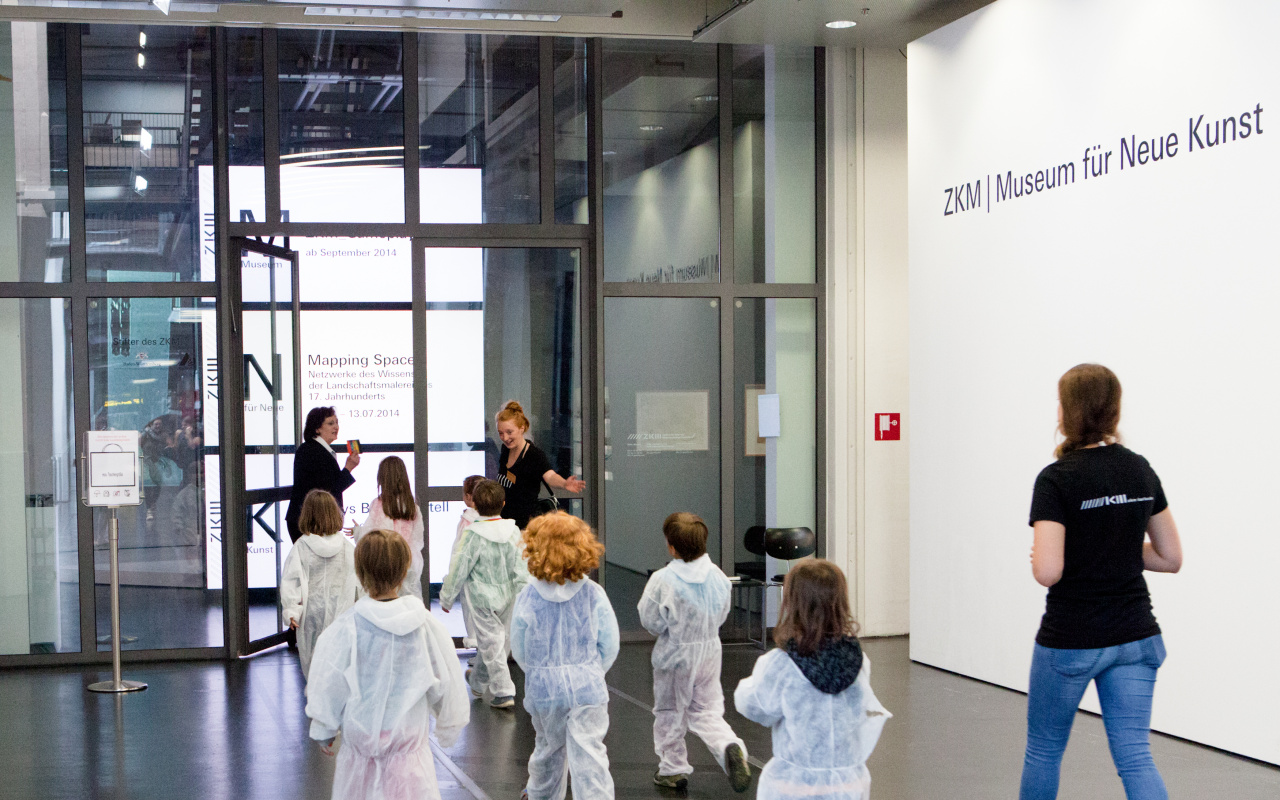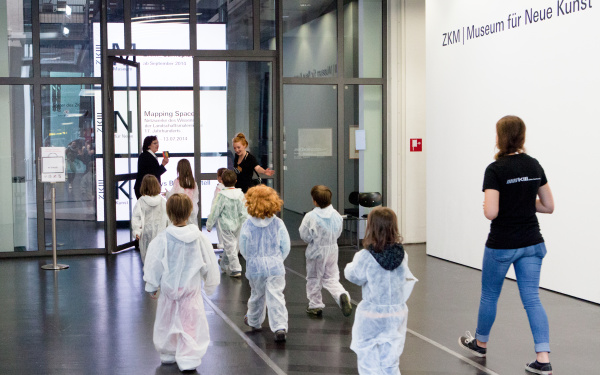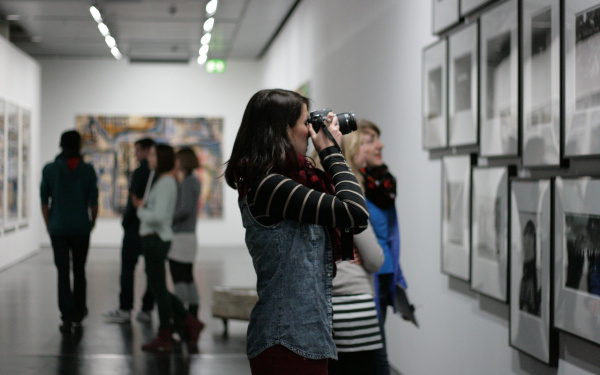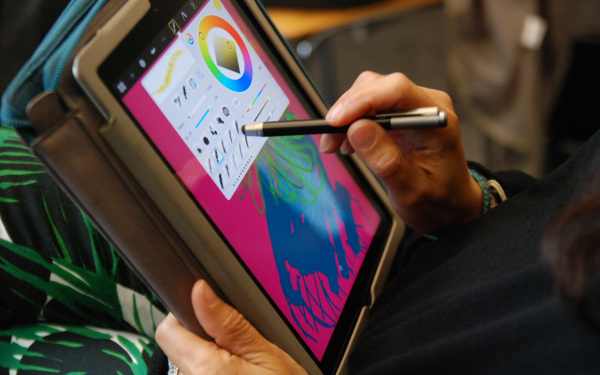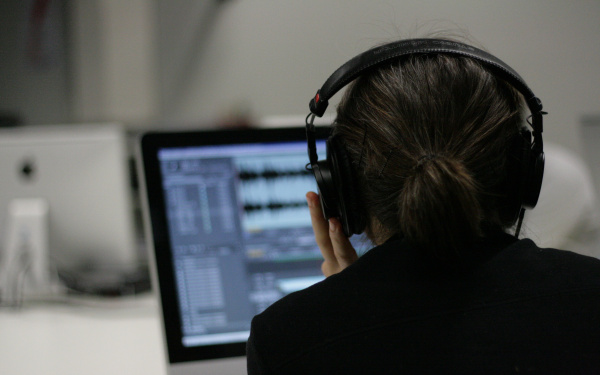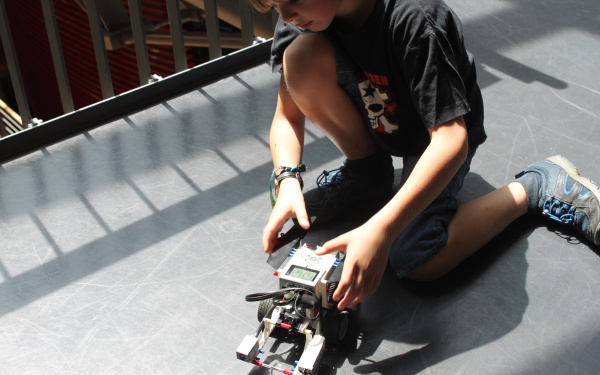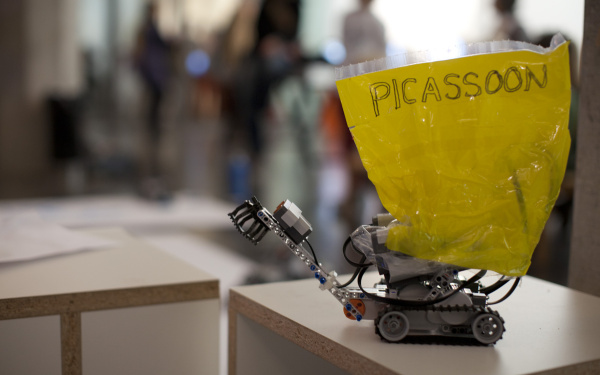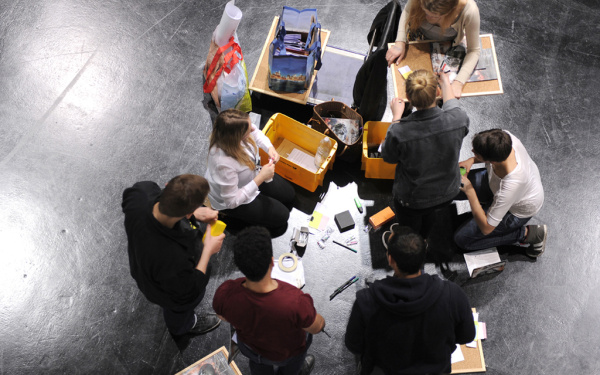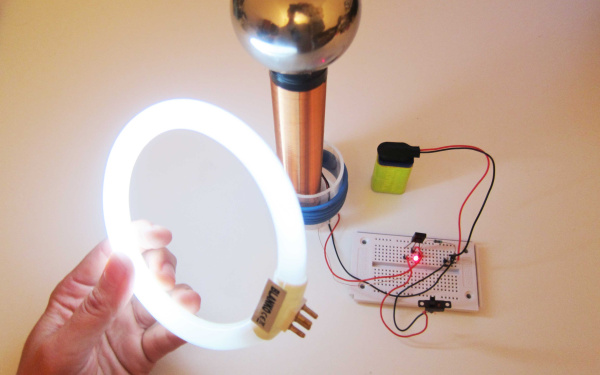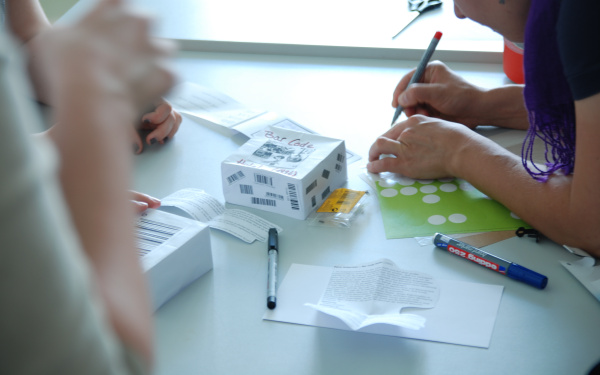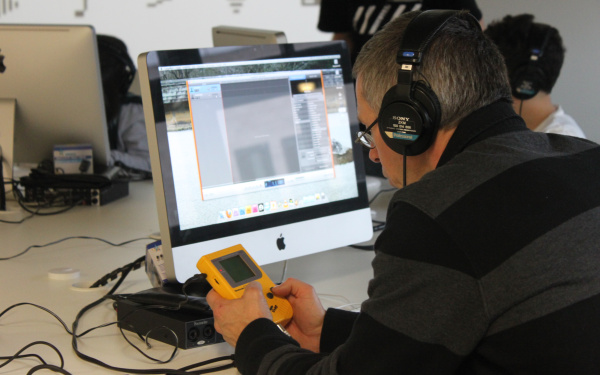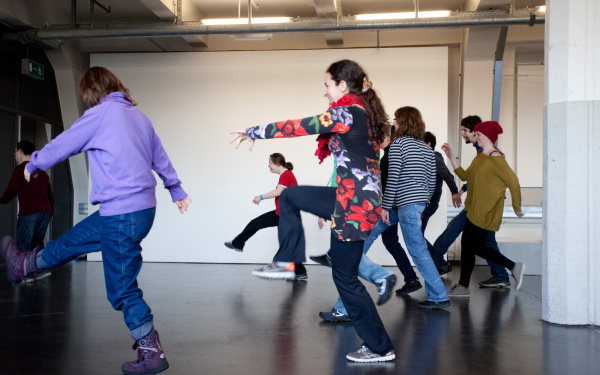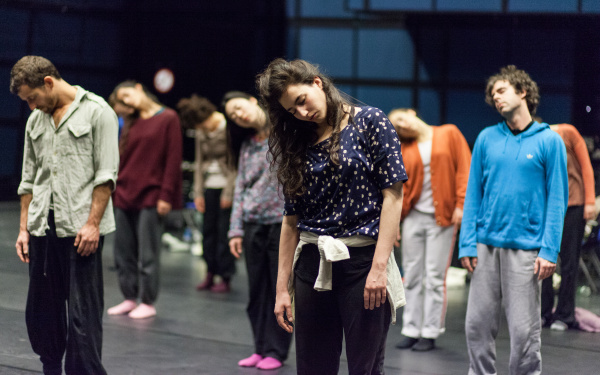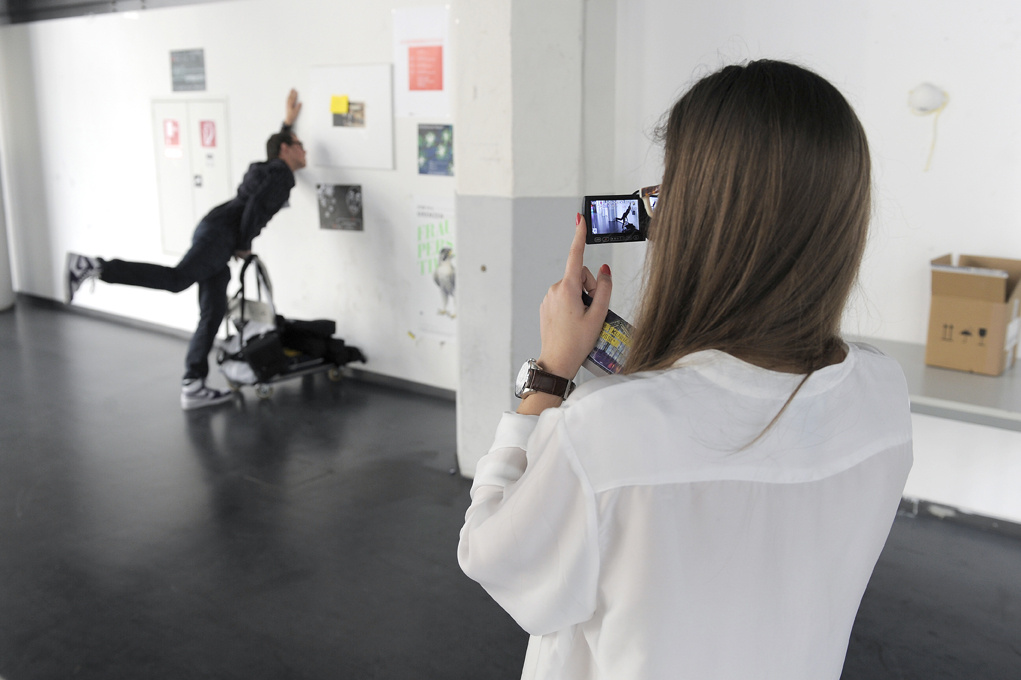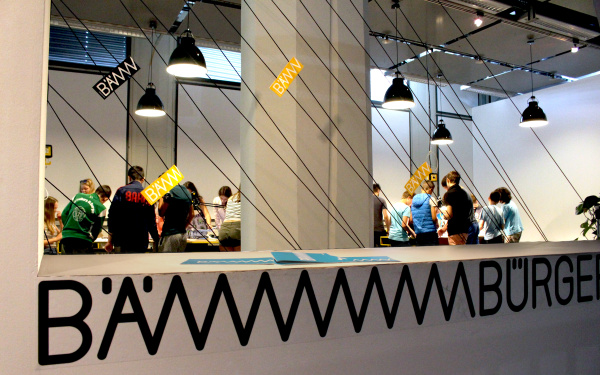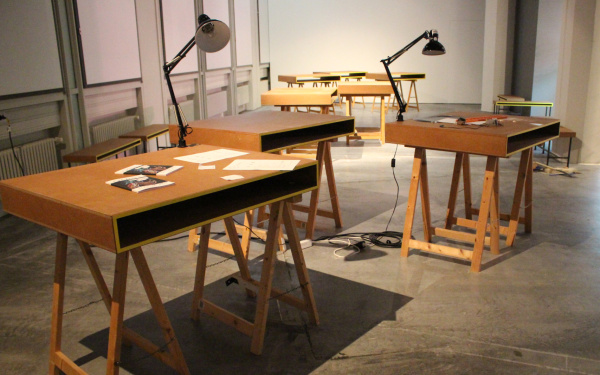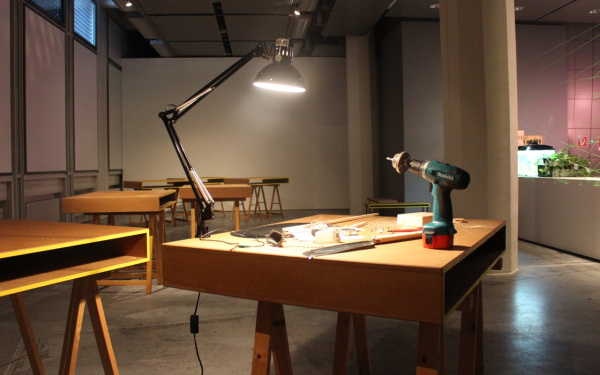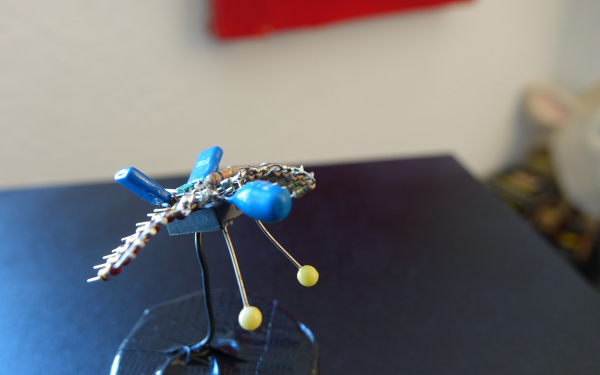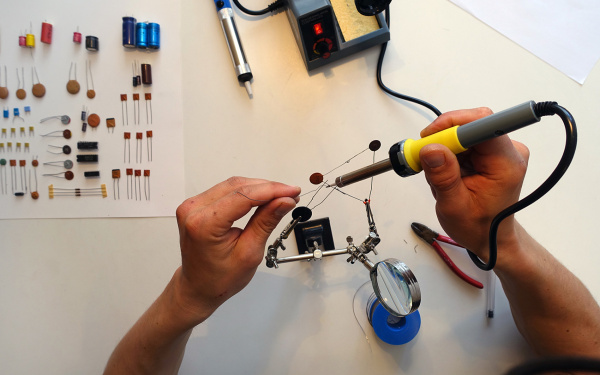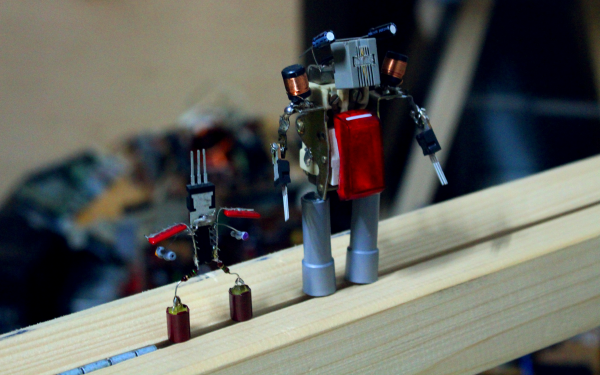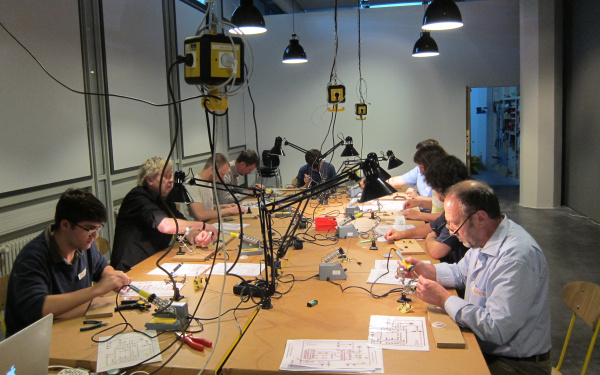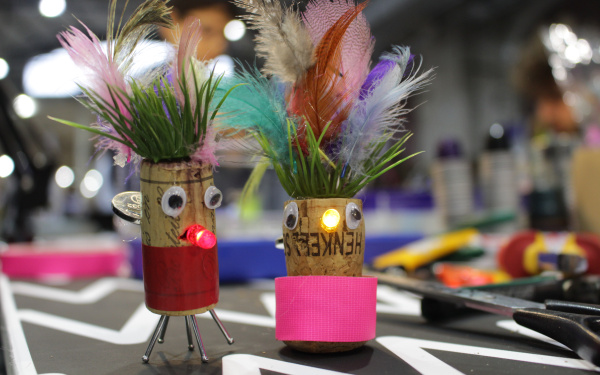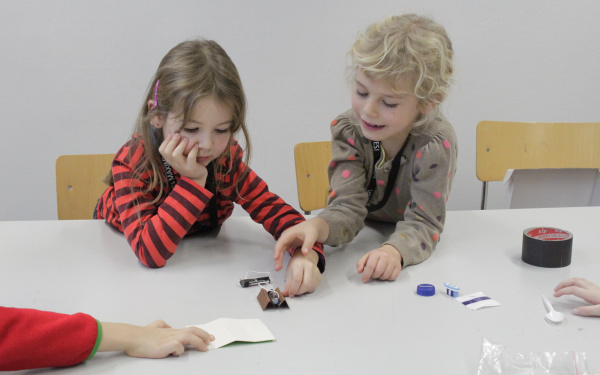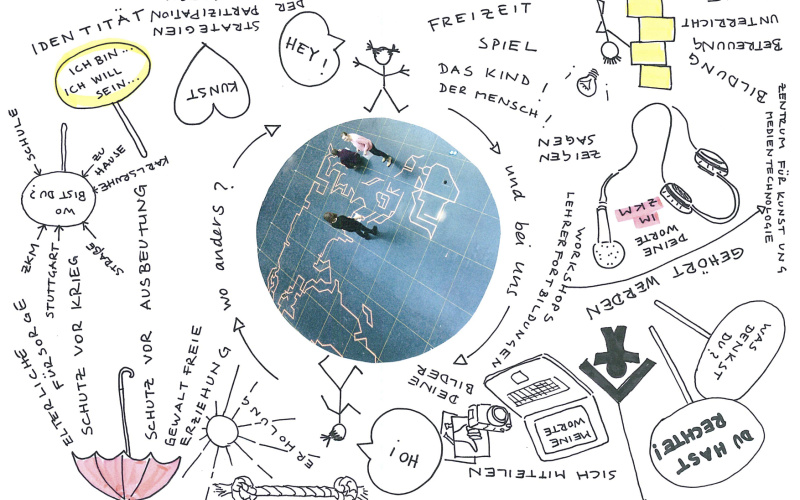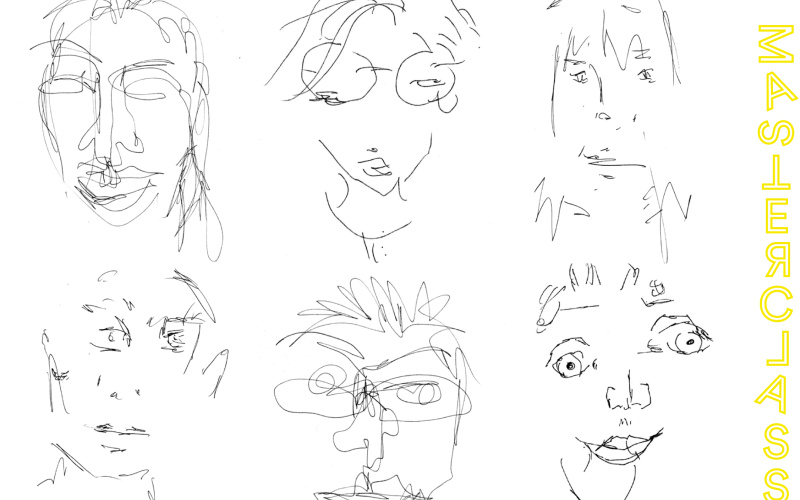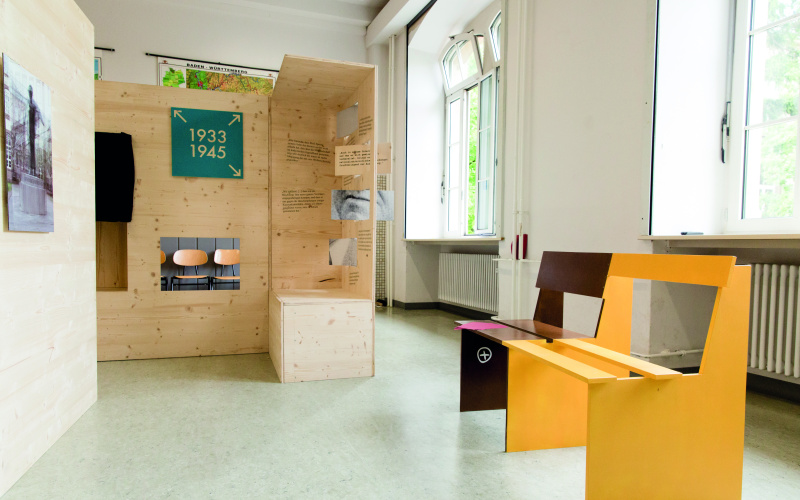Mission Statement of the Museum Communication
Museum Communication: Art Education and Participation in Process
For 20 years, Museum Communication has been a byword for innovative art, culture and media communication. Already at its foundation, the decision was made against the classical concept of museum pedagogy and a new word was chosen instead. Museum communication is art education and participation in process. With our formats, we create communicative situations between the visitors, the art, the curators and other colleagues involved in the exhibitions. Museum communication is interdisciplinary, cross-media and participatory. It takes place in five different studios, but above all in the middle of the exhibition space.
Museum Communication: Art Education and Participation with all Media
It goes without saying that a center for art and media focuses on the critical examination of digital media and the promotion of media competence. We observe the rapid transformations of our real and digital society very closely and try to find out what quickly went out again after the first hype and what offers a sustainable breeding ground that shows us new exciting ways of art education and participation.
In our society, digital media have become essential tools whose handling has to be learned as well as their meaningful use. In the spirit of the ZKM's expanded media concept, we have been using digital and analogue media as equally as possible in our communication projects for years. We understand that the correct handling of a brush is as important as the use of a tablet. The use of digital media has become a matter of course for us – we rather ask how, when and why which media are used. The digital is always set in connection with the analogue – the digitality does not replace, but supplements!
Museum Communication: The Physical Media Workshop
Since 1997, full-day or multi-day workshops for all age groups and educational levels have been held in the well-equipped »Medienwerkstatt«, media workshop. They cover topics such as digital photography and image processing, cartoon production, video editing, radio play production, composition of computer music and video clips as well as programming of own computer games, programming of Lego Mindstorms robots, MakeyMakey, Arduinos, Calliope Minis and learning simple codes such as Scratch and Python. There has also been an increasing number of requests for workshops on the subject of social media. Accordingly, we also offer courses on the artistic and everyday use of tablets and mobile phones as well as a critical discussion on the presentation of the individual in social networks.
Museum Communication: The Digital Space – AOYS
In spring 2014, ArtOnYourScreen (AOYS) was launched as a participatory online exhibition platform of the ZKM – with the aim of being an innovative place for artistic production, education and participation under the conditions of the networked world.
With AOYS, the ZKM established a new digital exhibition space that provides an overview of the creative work of different generations of artists. Works are shown that can only have their full effect on the Internet. The spectrum ranges from pure screen works to performative projects to generative, typography-oriented literature. The project, which was limited to two years, regularly launched these artistic positions, which were accompanied by an art-scientific contextualization and an online program.
Museum Communication: The Open Workshop for Digital and Analogue Making – BÄM
In November 2015, BÄM opened in the middle of the first floor of the exhibition area in Atrium 9, a room that arouses curiosity just by its title. It stands for a desire for something new, a desire to try out, explore and develop. BÄM originated from the idea of the maker culture and could be the abbreviation for »Be A Maker«. Because BÄM is a kind of maker space, an »open workshop«, a place where you are creative together, create something – digital and or analogue.
Museum Communication: Art Education and Society
For us, mediation is an opportunity for our guests of all ages to try out digital strategies and analog ideas. We accompany them with our expertise on their voyage of discovery in the form of »as best as possible equal« knowledge transfer. We have also recognized that the use of digital strategies in an institution can only work with openness and collaboration. Everyone must be involved. Exciting new content can only be developed in communication, in dialogue and in sharing information.
